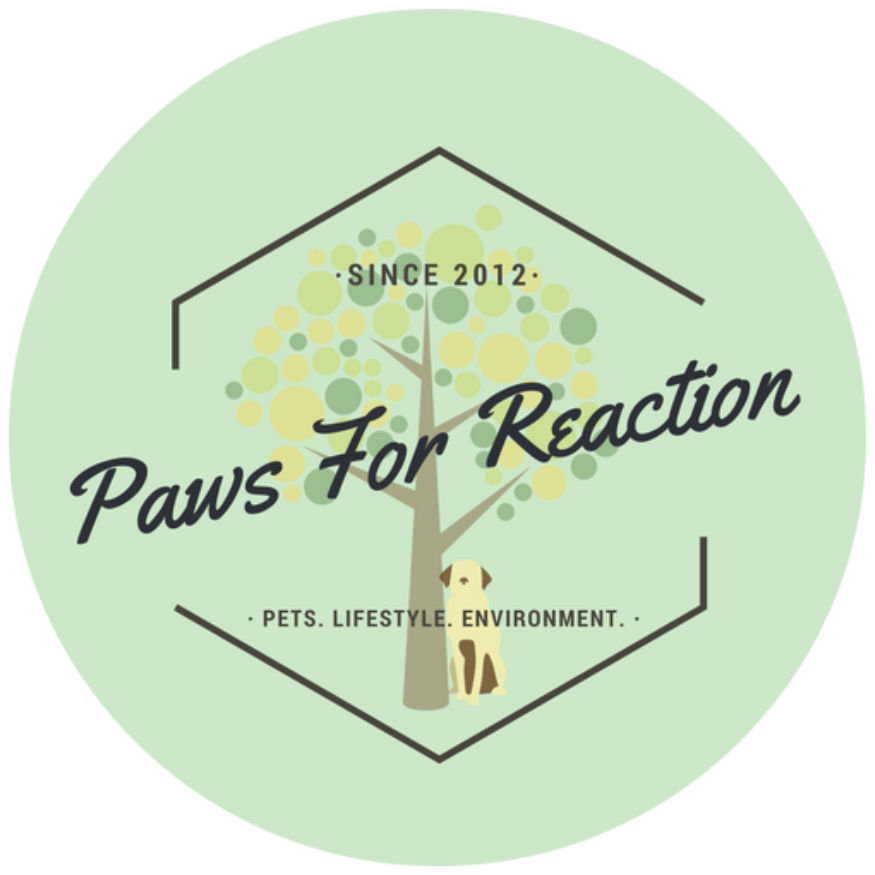End
plastic pollution: Earth Day focus on people and their plastic
This year’s Earth Day theme encourages us to take a closer
look at our use of consumer plastics and one-time use plastic like straws, bags
and water bottles, and how it affects the planet. Every year, Earth
Day Network launches campaigns to inspire people to take part in Acts
of Green, to help heal the planet and educate about pollution. The goal for
2018 is to have people commit to End Plastic Pollution.
“From poisoning and injuring marine life to disrupting
human hormones, from littering our beaches and landscapes to clogging our waste
streams and landfills, the exponential growth of plastics is now threatening
the survival of our planet. In response, Earth Day 2018 is dedicated to
providing the information and inspiration needed to fundamentally change human
attitude and behavior about plastics,”
Plastic pollution is one of the most difficult environmental
challenges we face today, but also one of the most important ones. It is crucial
that we reduce our plastic waste- especially one time use plastics. We need to
start setting aside consumerism, convenience and cost effectiveness. Plastic
pollution is something we can’t ignore- it is apparent when we walk down our
streets, fish our rivers and visit local parks. The devastation of this problem
is everywhere- it’s an epidemic.
Plastics don’t just affect the landscapes, wildlife and
waterways- plastic also affects the health and well being of humans. Since the
invention of plastic in 1907, trillions of oil-based plastics have been
produced. These plastics have been found to be a hazard to the human body.
Chemicals leached from plastics used in the food and beverage industry- like
water bottles and plastic food storage containers- have been shown to have levels
of toxins.
“Correlations have been shown between levels of some of
these chemicals, and an increased risk of problems such as chromosomal and
reproductive system abnormalities, impaired brain and neurological functions,
cancer, cardiovascular system damage, adult-onset diabetes, early puberty,
obesity and resistance to chemotherapy. Many plastics contain phthalates
(DEHP) and the chemical BPA. If food or drink is stored in these plastics, they
can be contaminated with these chemicals. If food is heated inside these
containers in the microwave or if the plastic is ingested as in the case of a small
child, these chemicals make their way into our food and into our bodies. Both
chemicals are potentially harmful to human hormones, reproductive systems, and
early childhood development.”
Since plastic is a petroleum product- created in a similar
way as refined oil is created- plastic has a greater impact on climate than what
most would expect. It is important that we connect not only plastic pollution, but
the creation of plastic itself to climate change.
“The EPA
estimates that production of plastic products account for an estimated
8% of global oil production. The drilling of oil and processing into plastic
releases harmful gas emissions into the environment including carbon monoxide,
hydrogen sulfide, ozone, benzene, and methane (a greenhouse gas that causes a
greater warming effect than carbon dioxide) according to the Plastic
Pollution Coalition. The EPA estimated that five ounces of carbon
dioxide are emitted for every ounce of Polyethylene Terephthalate produced
(also known as PET is the plastic most commonly used to make water bottles).”
Making a commitment to end plastic pollution is making a climate
commitment. Leading up to Earth Day I will be sharing some facts about plastic pollution
and making some commitments of my own to further reduce my plastic consumption.
What will you do to reduce your plastic use? Will you make a commitment for Earth
Day? Let me know in the comments!
Canada
climate change
Earth Day
Earth Day 2018
environment
garbage
health
microplastic
nature
ocean
Ontario
pets
plastic
plastic pollution
pollution
recycle
science
wildlife






















0 Comentarios